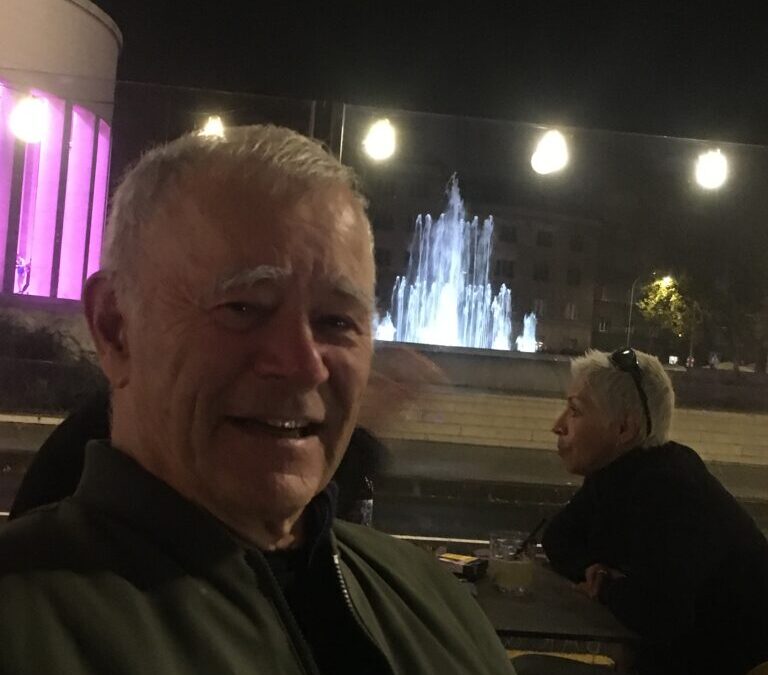Grabovac, Plitvice Lakes, and a novel
During the week 18-24 October 2023 Patrice and I visited Croatia’s Plitvice Lakes region to 1). take a one-week vacation and 2) to ‘ground truth’ a chase scene which concludes my fifth novel, Resurrection.
Sixteen Lakes, the resort-hotel , Gribovac, Croatia, felt as if I were staying at the Dairyman’s Country Club in Boulder Junction, Wisconsin (my mother was a waitress there for several summers in the 1950s). Save for the foilage (thick forests cover the region, though it is mountainous, 3-4,000 meters, versus our Northern Wisconsin, which is at most rolling hills), all resemblance ends there. The region has been and will remain a violent and troubled landscape. The Balkans was (still is, I suppose) a land bridge between Europe and the Anatolian plateau over which marauding peoples passed, settled and were in turn marauded.
In 1991 the Republika Srpska army drove out Croatian peoples from the Plitvise Lakes. In 1995 the Croatian Army returned driving out the Serbs. Over the last 30 years, Serbs are gradually returning to their properties, butnthe relationshipremains uneasy. A Croat speaking of a Serb (or Serbia, or of Serb-ness) lowers his voice which, I suppose, is much as a white (or black) Americans would speak within earshot of a Black (or vice versa) American. One treads carefully. The landmines have been removed; the emotional landmines remain.
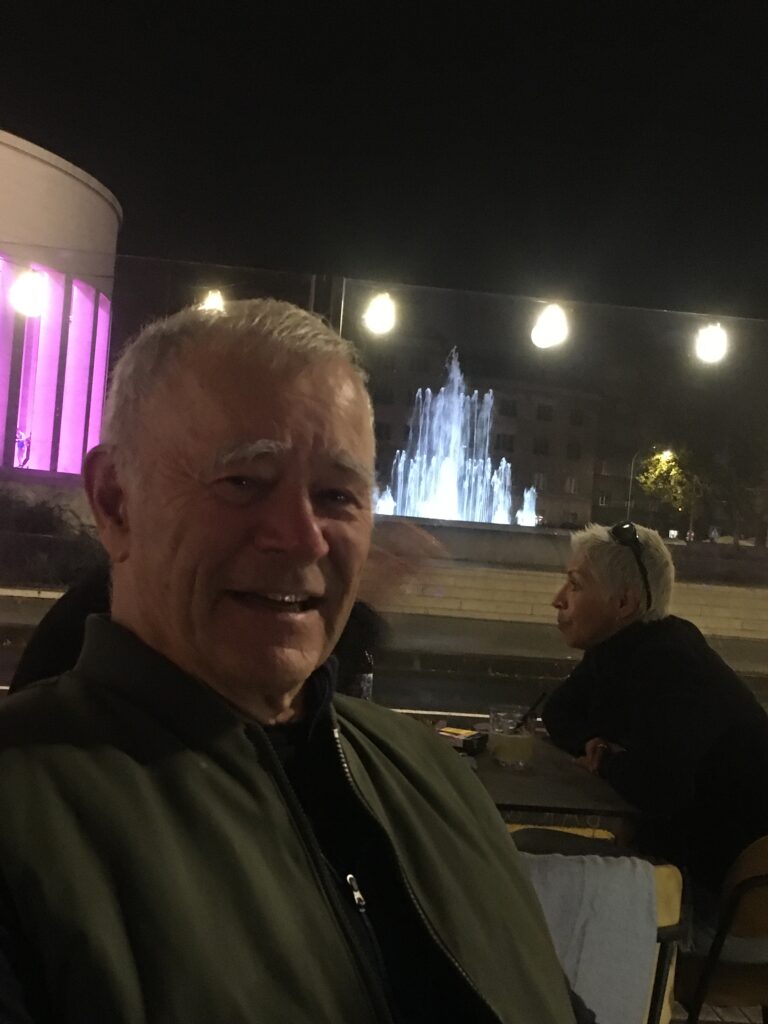
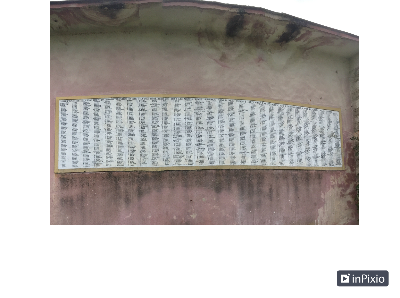
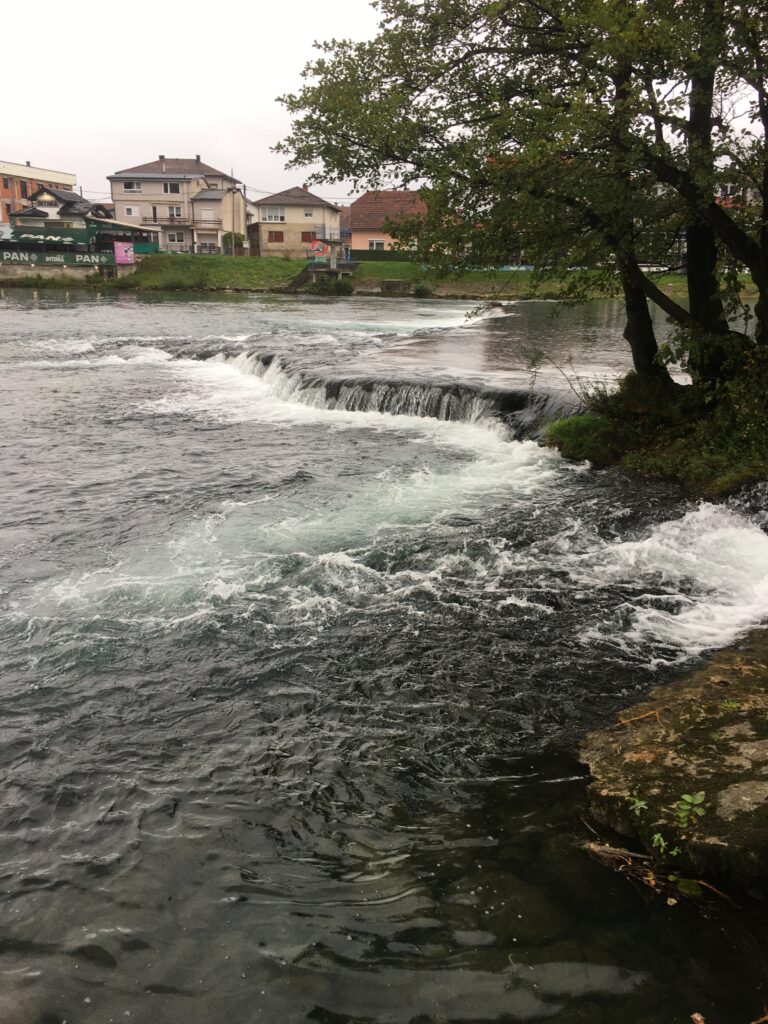
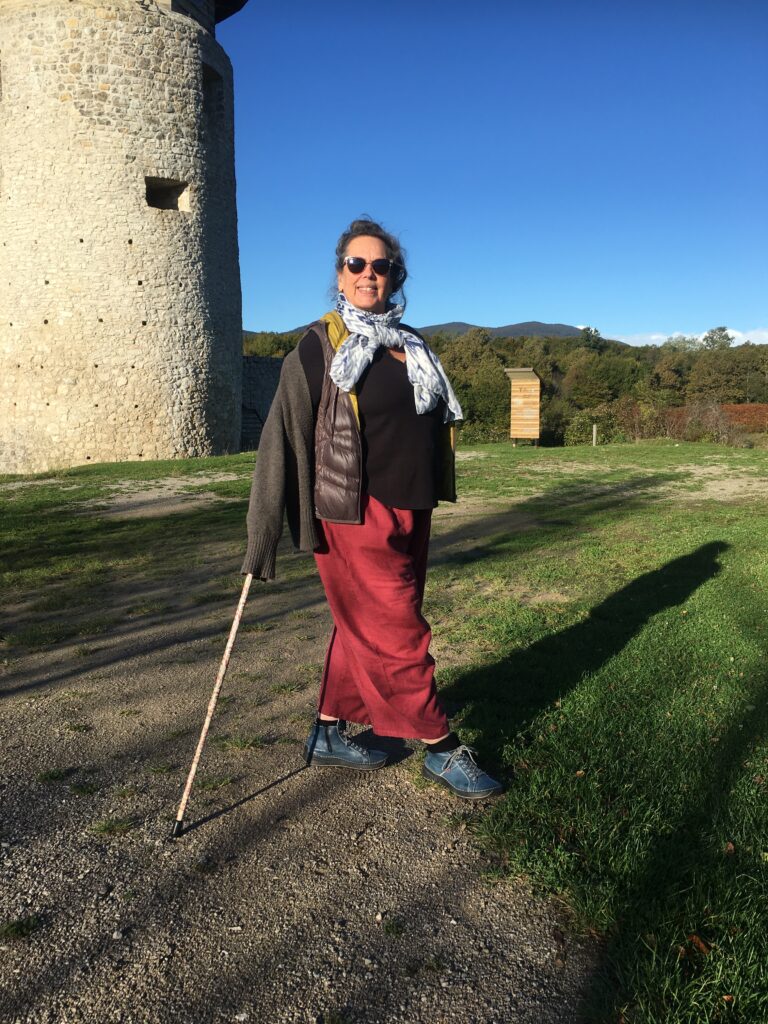
The Plitvice Lakes region sits smack-dab in the middle of the Austro-Hungarian ‘Military Frontier,’ a much bloodied and battled boundary between the Catholic Austro-Hungarian and the Muslim Ottoman Empires for three centuries. The Ottoman Empire, its army devastated at the siege of Vienna (1697), began its long decline, the battle lines hardening along the ‘military frontier’; the ‘region’s peoples developed a ‘shoot first’ attitude, borderers on a lawless border land. Pacifism was not an option; Well-ordered societies tolerate pacifists; not so borderlands.
We Americans have our own ‘border peoples.’ The Scots-Irish immigrants (1701-1774), touchy proud with their ‘floozy’ women passing through Philadelphia, disgusted the Quaker-Methodist eastern elite, who passed them through to live among their kind, the Indians of Pennsylvania frontier. This social conflict endures to the present; Whom else could Hillary Clinton have meant––I mean, besides her husband––when she denounced the ‘deplorables’?
You’d be surprised how much it costs to look this cheap! Dolly Parton)
Resurrection’s main character, Richard Belisle, was born of a Scots-Irish redneck father and Serbo-Croatian mother; WWII treated Richard’s father harshly and he escaped the the wilds of the Wisconsin-Michigan border; Slavic and redneck uncles and aunts, border refugees, came from the city to bring clothing and comic books, and told stories of the old country—aiii, and were they the storytellers—Ulster, Istria, the Kraina, Georgia
The five-novel series follows the American Richard Belisle and his childhood sweetheart and now wife Marie-Jeanne Belisle ne Charbonneau from a childhood on the Upper-Peninsula-Wisconsin borderlands a denouement of sorts in Yugoslavia early in its 1990-1995 civil war on the rugged terrain between the cities of Bihac, Bosnia-Herzogovina and the Croatian seaside port of Rijeka, and the Croatian National Park, Plitvice Lakes. Richard, born into a mixed Scots-Irish and Serbo-Croat family with Ukrainian families visiting the farm house on the Upper-Peninsula-Wisconsin border got a triple dose growing up among‘Borderers’.
For nearly four hundred years, from the late 1200s to the early 1600s, the borderlands separating Scotland and England were essentially lawless. Frequently crossed by armies of the two warring countries, and with an agricultural base inadequate for its population, there developed within the Borders, as the area was known, a culture of raiding and robbery.
The border peoples ––Ukrainian, Scot-Irish, Serbo-Croat—were for survival’s sake, a law unto themselves. War was just over the hill; those who paused the trigger did not survive; prisoners were but another mouth to feed; food was always short.
ˆI am close to finishing the novel though trying to bring the story to a satisfactory conclusion is hard hard hard. I suspect now I would be most satisfied to bring the story to a conclusion, satisfactory or not. I keep thinking of the novel ‘The Lincoln Highway,’ by Amor Towles, which finishes so neatly…those who deserve to die, die; those who should live, live. Does it really work like that?
As an aside, amusing, I think, Patrice asserts, observing the Serbo-Croats (they all look the same to me ) roughhousing in cafes, that she now knows from whence I come . The boisterous south Slavs- be they Orthodox Serb, Catholic Croat, or Muslim Bosnian— resembles the men and women around the N. Wisconsin family table. . She had previously thought my behavior was some personal aberration, perhaps caused by oxygen deprivation, the result of a twisted umbilical cord, at birth, or something like that.

